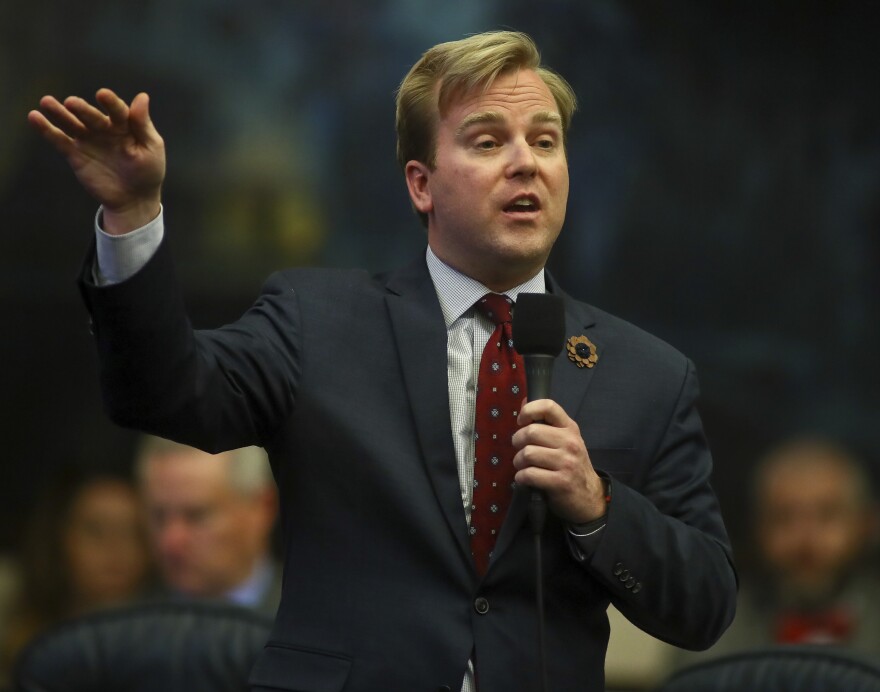The constitutionality of a Florida 2018 amendment allowing certain felons to vote after paying back fines, fees, and restitution is now at question. That comes after the American Civil Liberties Union filed a lawsuit challenging the implementing bill.
During the 2019 session, Tampa Republican Representative Jamie Grant crafted the implementing bill for the felon voting rights amendment. Activists repeatedly raised concerns that his efforts to make felons pay back fines, fees and restitution equaled a poll tax. Grant denies that.
“The historical atrocity of a poll tax was something that said somebody who didn’t commit a crime, someone who did nothing wrong, somebody who was just poor or a minority was denied access to the ballot box. That is inherently different than somebody who committed a felony convicted through due process,” said Grant.
He says when crafting the bill, he stuck to the words voters approved.
But doesn’t think the bill or amendment violates the U.S.’s 24th amendment, which bans poll taxes. During the next court hearing, the ACLU and State of Florida will be presenting their views on the constitutionality.




